Tag: Blavatnik Institute
-
Health
Research shows working out gets inflammation-fighting T cells moving
Activated by regular exercise, immune cells in muscles found to fend off inflammation, enhance endurance in mice
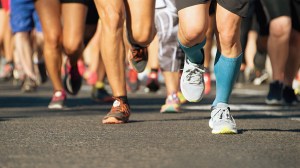
-
Science & Tech
Why we need female mice in neuroscience research
Researchers found that female mice, despite ongoing hormonal fluctuations, exhibit exploratory behavior that is more stable than that of their male peers, countering the belief that the hormone cycle in females causes behavioral variation that could throw off results.
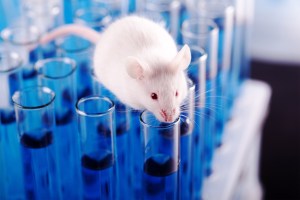
-
Science & Tech
Making memories
A Harvard Medical School study in mice reveals how memory neurons reorganize after new experiences.
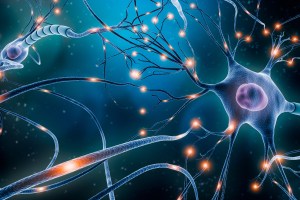
-
Science & Tech
On the clock
Researchers have built two machine learning models that gauge biological age and predict remaining lifespan in mice.
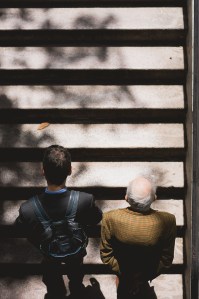
-
Nation & World
Community contact tracing
An initiative to accelerate the Massachusetts’ efforts to contain the spread of COVID-19 by dramatically scaling up the state’s capacity for contact tracing is being done through a new collaboration with Partners In Health in which Harvard Medical School faculty will play key leadership roles.
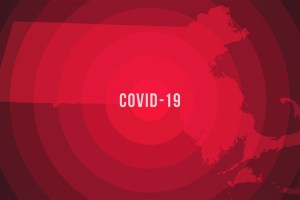
-
Health
Organized to fight the pandemic
The newly formed Massachusetts Consortium on Pathogen Readiness aims to address both the immediate and long-term implications of the coronavirus crisis. The effort, led by Harvard Medical School, will work to stem the tide of COVID-19 but, more importantly, to lay the groundwork for dealing with future pandemics.
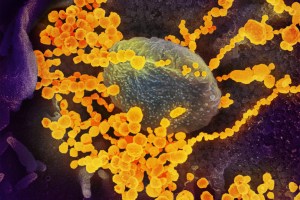
-
Health
Treating runaway health costs
Study led by Harvard researchers finds that a long-term trial of a capped-payment system encouraged preventative care and discouraged unnecessary spending
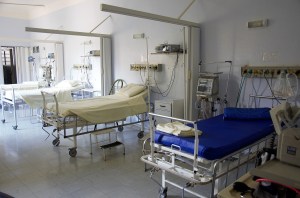
-
Health
Spare the medical resident and spoil nothing
Hours of medical residents were capped at 80 per week in 2003 after a string of patient injuries and deaths, spurring fears that doctors-in-training would be less prepared for independent practice than before. A new study suggests their warnings were largely unjustified.
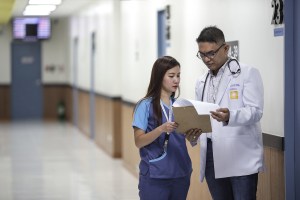
-
Health
Catch a virus by the tail
Scientists uncover a key mechanism that allows some of the deadliest human RNA viruses to replicate, and it resides in the tail end of the viruses. The findings identify new targets to inhibit viral replication and may inform the development of a new class of antiviral drugs.
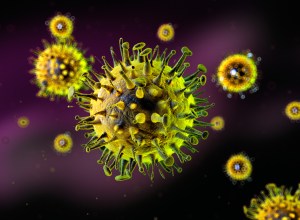
-
Science & Tech
Easy on the eyes
New computer program uses artificial intelligence to determine what visual neurons like to see. The approach could shed light on learning disabilities, autism spectrum disorders, and other neurologic conditions.

-
Science & Tech
AI model predicts TB resistance
A Harvard undergrad, working with Harvard Medical School scientists, has designed an artificial intelligence model that predicts tuberculosis resistance to 10 most commonly used drugs. The new model outperforms previous machine-learning tools, and incorporating it into clinical tests could dramatically enhance early detection and prompt treatment of drug-resistant TB.
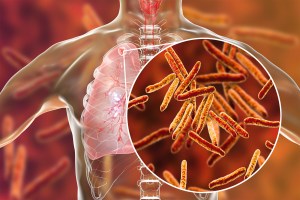
-
Health
Detecting DNA defects
A new algorithm designed by HMS scientists can be incorporated into standard genetic tests to successfully identify patients harboring a tumor-fueling DNA repair defect found in multiple cancers treatable with existing drugs.
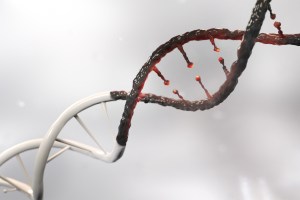
-
Science & Tech
Building a better med student
Researchers at Harvard Medical School’s Blavatnik Institute are developing an algorithm with information that is so complex, it will understand everything a first-year medical student knows.
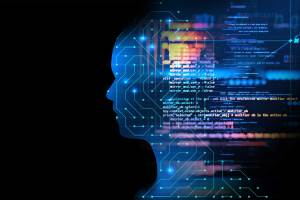
-
Health
Exercise, fasting help cells shed defective proteins
A new study from the Blavatnik Institute finds that intense exercise and fasting activate hormones that boost cells’ capacity to dispose of defective proteins, which clog up the cell, interfere with its functions, and, over time, precipitate diseases including neurodegenerative conditions such as ALS and Alzheimer’s.

-
Health
ZIP code or genetic code?
In the largest study of U.S. twins to date, researchers use insurance records to tease out the effects of genes and the environment in 560 diseases.



